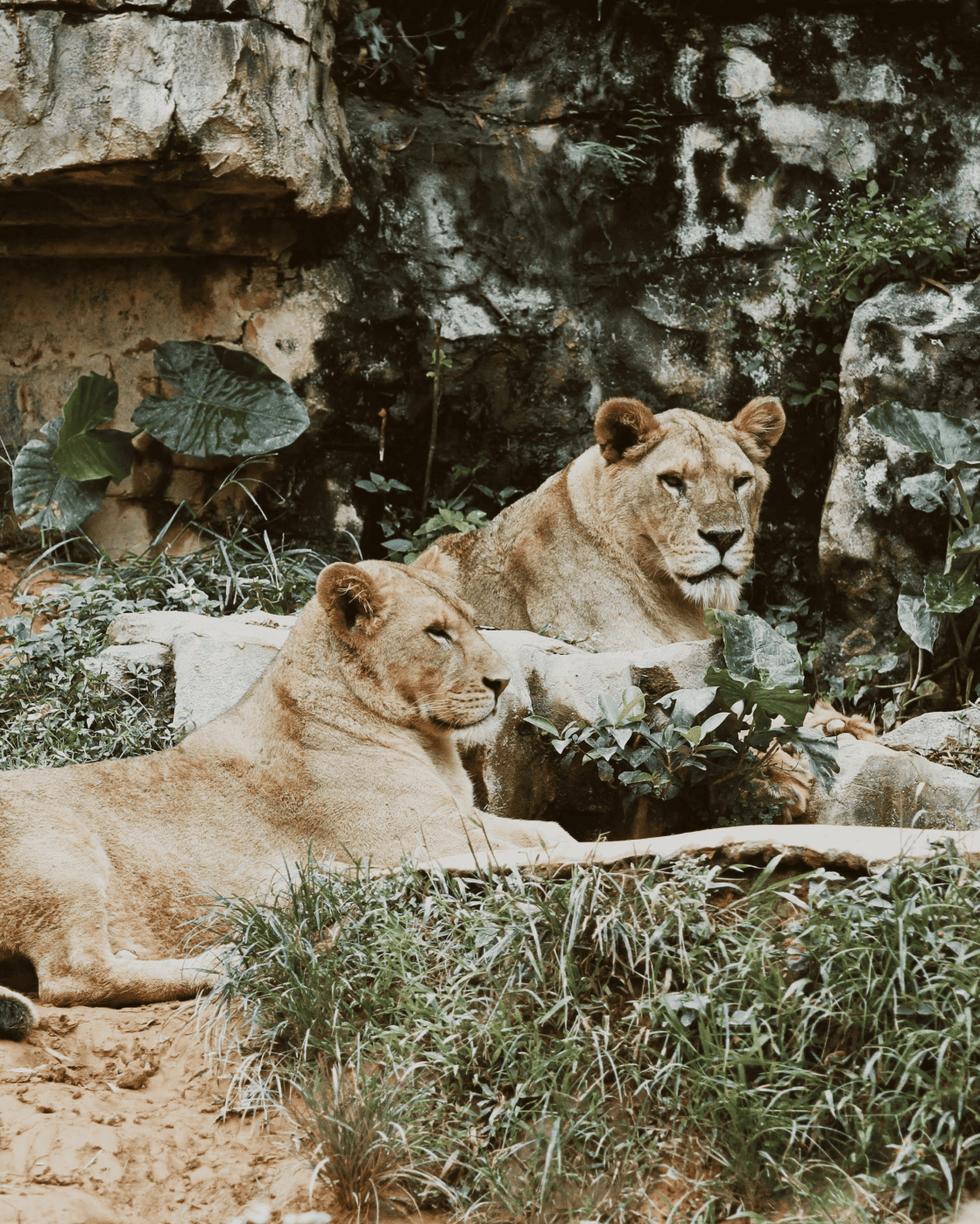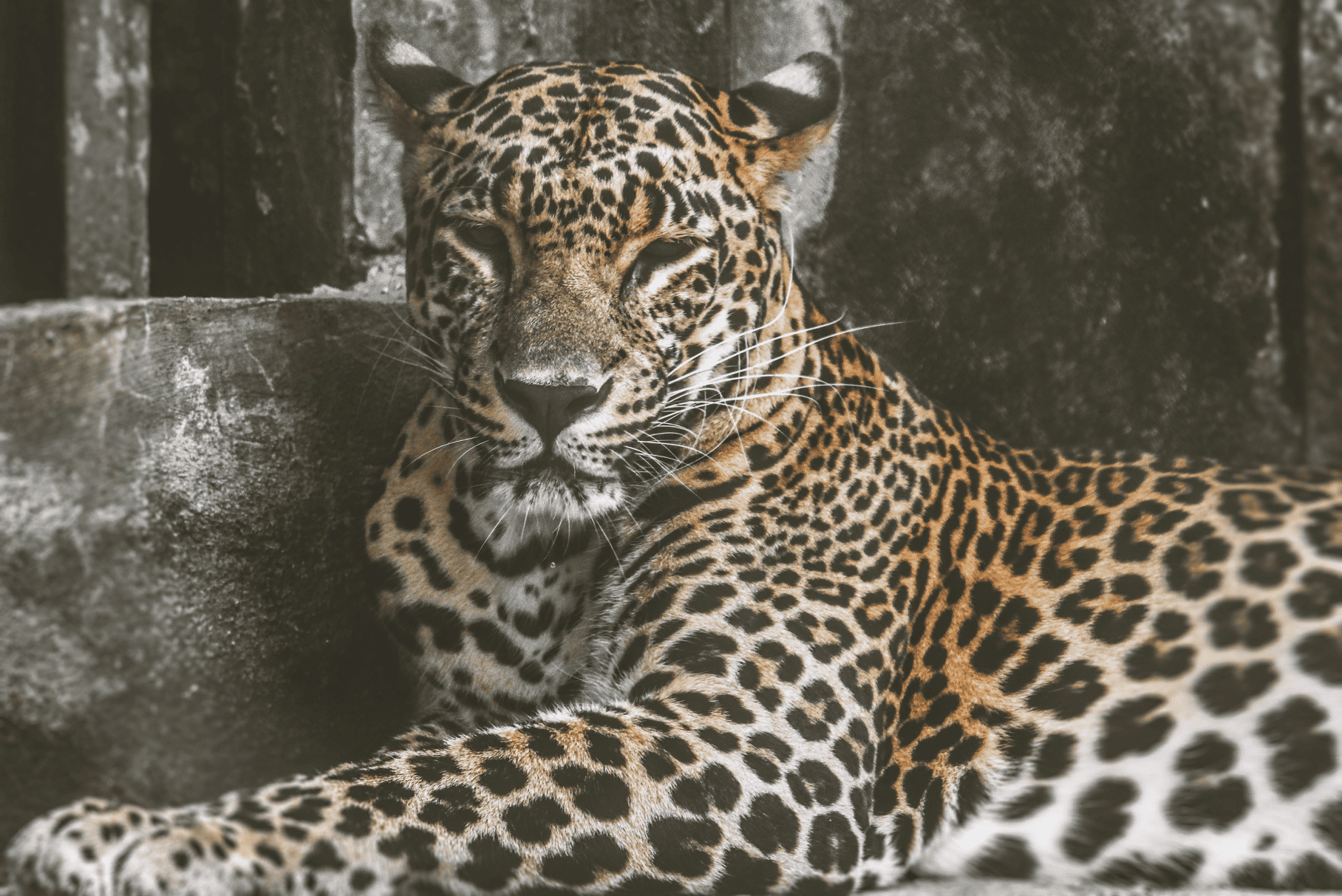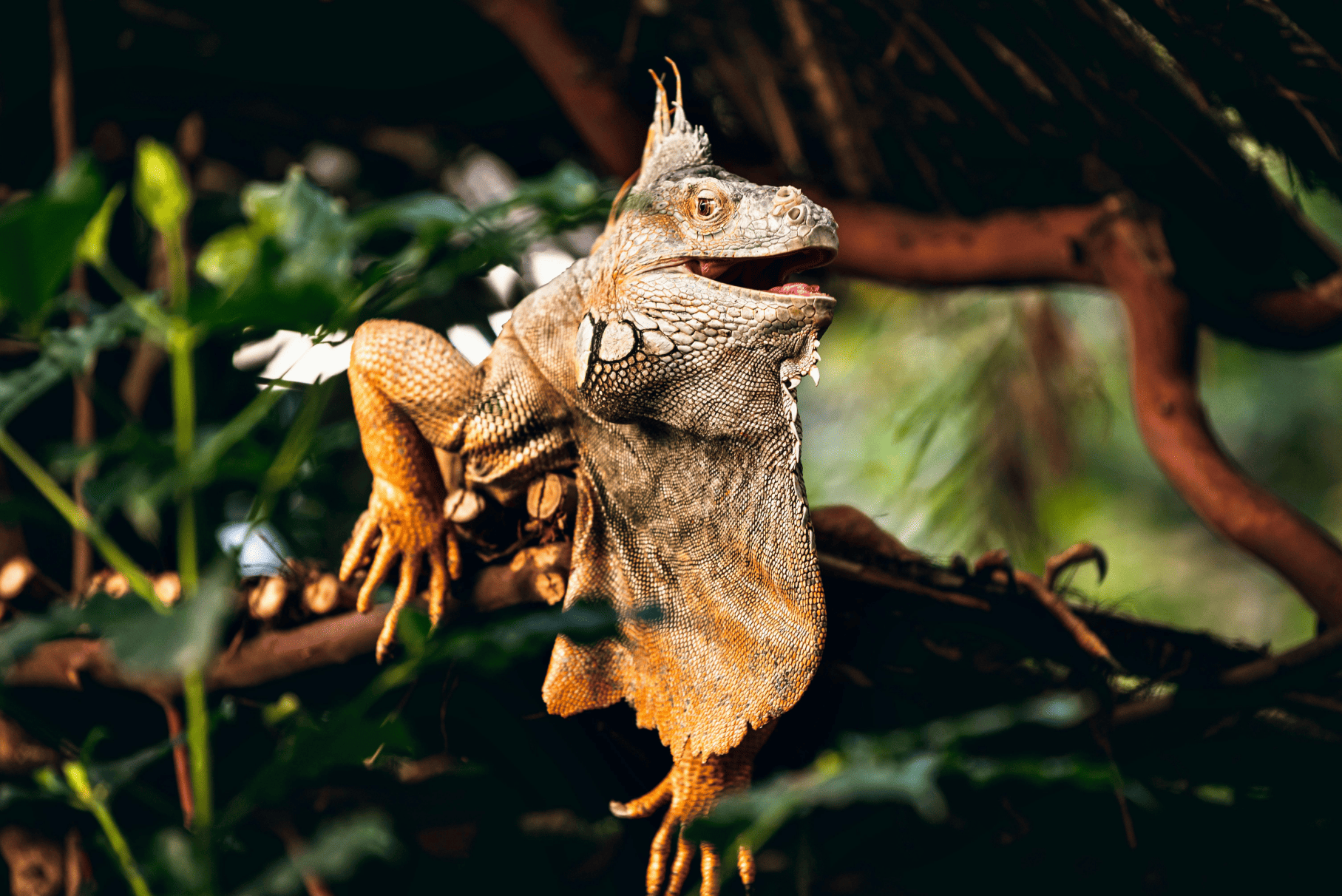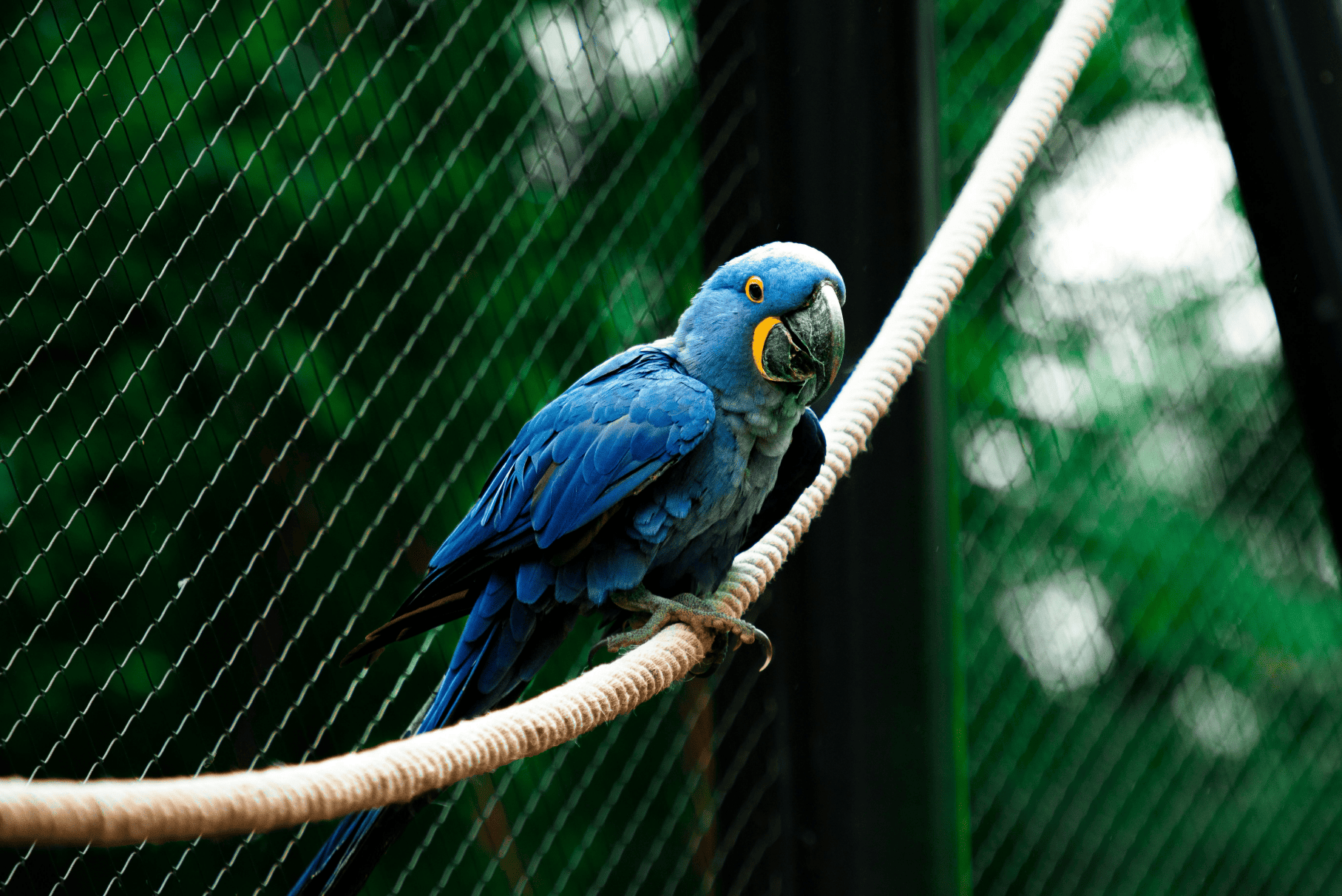About Us
Engaging Exhibits for All Interests

With interactive displays and diverse exhibits, zoos cater to all interests, from children to wildlife enthusiasts.
Zoos demonstrate the importance of observing animals responsibly, fostering respect for wildlife both at the zoo and in nature.
Visiting a zoo is not only educational but also a peaceful experience that allows visitors to relax and reflect on the beauty of nature.
Read More

15+
Animals




